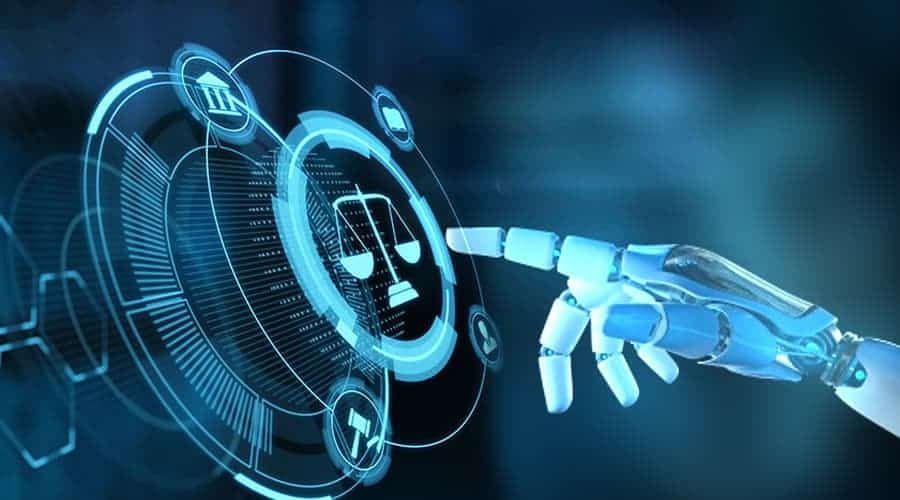Works created by Artificial Intelligence (AI), can they be protected by IP Regime ?
- InstaMark

- Feb 7, 2024
- 3 min read

Artificial Intelligence is taking the world by storm. Not only is AI a useful tool, some industries are rapidly adapting and incorporating AI-type tools in their everyday operations. Take website building for example. All businesses today have a website. And most of them are built using website builders like WIX.com. Very few websites today are built by software designers and specialized website developers.
What is Artificial Intelligence?
AI is simply a Language Model that your software has been trained on. It’s not capable of reasoning or even basic common sense that is linked to human intelligence.A developer trying to train his AI model would first feed hundreds and hundreds bytes of relevant data into the computer and the next time the computer encounters a question containing most of the same words as a question in that data set, it will know to reproduce most of the answer to the said question. It basically works on the principle that if A is equal to B and B is equal to C; A must be equal to C. While this concept holds true 99% of the time, in the real world we are bound to encounter the 1%, where the faculties of human brain and the human experience are required to correctly answer a question.
Why AI created works cannot be protected under the IP regime?
How AI cannot draw hands is the perfect example of this real world 1%. Even though every AI model is trained on thousands of images depicting human hands, all AI models are unable to draw hands, or even understand them sometimes. Today, depiction of hands has become a tell-tale sign of whether a picture has been made by a human or an artificial intelligence. Read more about it here.
And this inability to understand the variable 1% of human existence is forming the basis of whether a work created by Artificial Intelligence should be protected like a human creation or not? The courts, in recent times, have refused to entertain the idea that a work of art created by a Language Model should be protected by the Copyright Law. In fact, courts all over the world hold a unanimous view that such works of art cannot be copyrighted nor can they be protected from infringement. Read more about it here.
This has divided the world into two extremes. One half agreeing with the law makers and saying that the ‘author’ of a work cannot be a language model and hence such a work cannot be given the same level of protection as given to a piece of work created by a human author.
The other half vehemently disagrees. The most popular argument has been that the language model was made and trained by a human/s. This means that if not the AI Programme, those people who helped create the Language Model could be considered creators of the work. Especially if this training of the AI model was not crowd sourced, unlike Chat GPT. After all, a human used their ‘Sweat of the Brow’ to teach the AI into creating pieces of art. However with this logic, everytime a book is printed on a printing press, Gutenberg should get credit in the book for inventing the printing presses. Or that Picasso’s father should get a copyright in each of Picasso’s works as he trained him.
Should works created by AI be protected?
What this teaches us is not where AI Models fit in our legal systems, but that we might require a completely different system to monitor and protect the new tech coming in. This new tech is not human, but not completely just mechanical tech as well. AI processes data just like our brain does. It’s also just a chain of processors swung together, much like the neurons in our brain. Computing power might not be efficient, but give it time. AI is also much more robust to environmental challenges and cheaper to operate. Today technology can help us perform repetitive tasks without mistakes or losing efficiency.
What it cannot do for us is, help us where the Human Experience is a prerequisite. Like that drawing hands we talked about earlier. Which is why equating an AI creation to a human one at this moment in time, would be premature, and only stifle growth of both machines and humans.
But who knows, many genius human beings are working on AI tirelessly (human spirit can also be informidable), and maybe one day we can explain to our machines what it really means to be a human being, and maybe even copyright their creations.
Or who knows, in a few years, we may end up changing the legal definition of ‘Author’ to even include AI.
What do you think? Let us know your thoughts below...



Comments